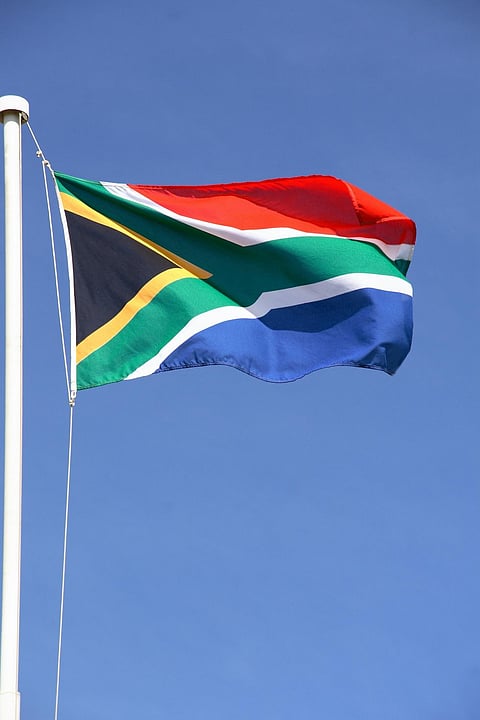
- Home
- NewsGram USA
- India
- न्यूजग्राम
- World
- Politics
- Entertainment
- Culture
- Lifestyle
- Economy
- Sports
- Sp. Coverage
- Misc.
- NewsGram Exclusive
- Jobs / Internships

People living in South Africa needed to be registered on the Electronic Vaccination Data System in order to get vaccinated. The system requires each person to have an identification number, so that the government can track who has been vaccinated, what vaccine did that person receive and follow up with the individual if required.
Undocumented immigrants residing in South Africa would now be able to get the COVID-19 vaccine. As per this new program, which is offered only at selected sites, allows an undocumented person to be given a unique identifier so that they can get vaccinated and tracked for health purposes only.
Follow NewsGram on Facebook to stay updated.
There is an estimated 2 million undocumented people residing in the country. The government, in order to curb the spread of the coronavirus, is offering to vaccinate these people. Certain non-profit organisations will be helping the government in this endeavour.
Until now, these people could not get vaccinated as they were immigrants and did not possess identification documents. The efforts of non-profit organisations ensured that these people get vaccinated.
A non-profit organisation named NOAH CAN arranged for vaccination services in a Johannesburg shelter.
We just wanted to make an opportunity so it would be easy for people to get access to vaccination.Unsplash
Julie Machin, a volunteer with a non-profit group said that, some people in South Africa are "not necessarily registered". The people might have some documents but those are not enough to prove that they are citizens of the country. She added, "They might be on asylum papers or something. Obviously, it's difficult to access vaccinations if you are not South African, and there's quite a lot of barriers to that. And so, we just wanted to make an opportunity so it would be easy for people to get access to a vaccination."
Like a number of others standing in line for the vaccine was 42-year-old Rapheal Dube, who was happy to have got his vaccination. Rapheal is not South African. He said, "You know what? We, at the end of the time, we need to be vaccinated".
Building Trust
An aid group, Doctors Without Borders, informed that the response to this new program laid out by the government has been positive. One of the doctors who work with this group, Dr. Vinayak Bhardwaj said that the authorities need to build more trust before the program can be rolled out on a mass scale.
Governments and aid groups have to work together to ensure that everyone has access to the vaccine.Unsplash
Dr. Bhardwaj also said, "I think a lot of migrants are afraid of being exposed. ……They're afraid that if they go out to go and get vaccinated, then they might become subject to law enforcement. They also worried about their information being shared with the Department of Home Affairs. So as far as possible, we are hoping that the Department of Health can institute a process that, of course, achieves the legitimate public health goals that they are trying to pursue, but also that protects the anonymity of migrants."
The United Nations agencies had estimated that around 1 billion people across the globe are on the move because of conflict, violence and climate change. Officials have said that governments and aid groups have to work together to ensure that everyone has access to the vaccine to help bring the pandemic to a close. (VOA/SP)
(Keywords : South Africa, vaccinate, undocumented, immigrants, identification, government, non-profit organisations, coronavirus, Johannesburg, NOAH CAN, Doctors Without Borders, volunteers, access, health, aid, authority.)
